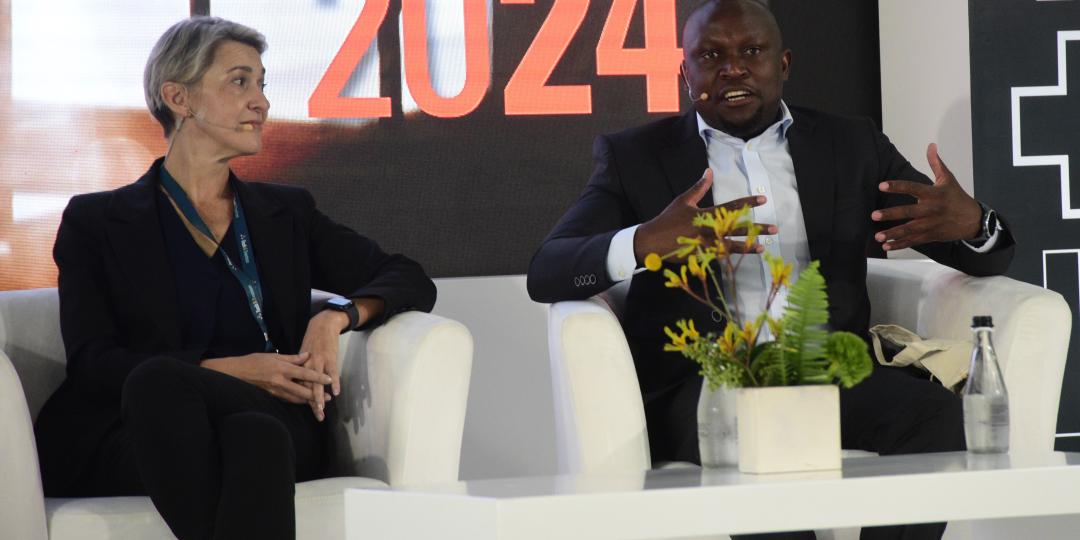In 2024, tourism and hospitality leaders and tech companies in South Africa are intensifying discussions to harness the power of new technologies such as artificial intelligence (AI) and virtual reality (VR).
This is in recognition of the fact that not doing so could have a detrimental impact on competitiveness.
The country’s inaugural Tech and Tourism Conference – which took place in Bryanston, Johannesburg on Thursday, February 22 – saw hospitality stakeholders, tourism associations, marketing experts, tech company CEOs and those at the cutting-edge of AI, VR and augmented reality (AR) developments, coming together to deliberate on the opportunities and challenges presented in this rapidly-evolving space.
Speaking at a panel discussion on the intersection between tech and tourism, Natalia Rosa, CEO of public relations company Big Ambitions, stressed the need for tourism businesses to carefully and deliberately integrate AI tools into their operations.
“You don’t start with the tech – you start with understanding the workflows and processes you have in place and what tools can assist staff to carry out their tasks better before understanding what technology to adopt,” said Rosa.
AI won’t replace the human touch
Addressing the potential threat of AI replacing human jobs, Rosa stressed the need for upskilling and traditional job roles being repositioned.
“AI won’t replace humans, a human using AI will replace humans. It’s about understanding the different touchpoints of your business and seeing where the technology can be used to carry out mundane tasks that frees up time for more creativity,” said Rosa.
Tshifhiwa Tshivhengwa, CEO of the Tourism Business Council of South Africa, highlighted the intrinsic people-centred nature of the tourism industry as a plus point in guarding against job losses.
“We have such a wide range of jobs in the tourism industry and we are always going to need the human touch. The careers that we have are always going to be there but there is a need to upgrade skills in line with the changes in technology. We need more young people who can help the industry to come up with new ways to use tech,” said Tshivhengwa.
With these technologies here to stay and evolving rapidly, Tshivhengwa highlighted the need to embrace, rather than resist, the changes.
“In this environment, you’re not going to be competitive if you’re not technologically-savvy. Every hotel, for example, needs an online booking system that is robust. And AI can be further harnessed in the hotel space by better understanding guest needs and creating a highly-personalised experience,” said Tshivhengwa.
Tasneem Motara, MEC for the Gauteng Department of Economic Development, agreed that the adoption of technology required a thoughtful and balanced approach.
“While it presents numerous advantages, we must ensure that it does not replace the authentic human touch that makes traveling such a unique and enriching experience. While technology can provide convenience and efficiency, it's important to prioritize personalised service and human interaction.
“We must encourage tourism businesses to maintain a strong focus on customer service, training their staff to provide warm and personalised experiences that go beyond what technology can offer,” said Motara.
Other panel discussions at the conference included the value of Big Data, a deep-dive into available AI and VR offerings and optimising air travel to enhance connectivity, promote tourism, and strengthen trade relations.
Keep an eye on Tourism Update for more stories from the Tech and Tourism Conference 2024.






















